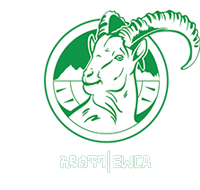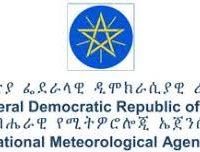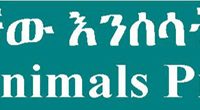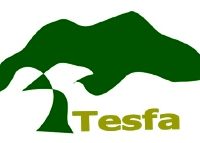In Kiswahili the whale shark is called “papa shillingi”, translating as “shark covered in shillings”. There is a local legend that God was so pleased when he created this beautiful fish, that he gave his angels handfuls of gold and silver coins to throw down from heaven onto its back. So it goes that whale sharks have their magical markings and swim near the surface, catching the sun on their backs, as a way of saying thank you to their maker.
Whale sharks have called Kenyan waters home for many years. Recently, there has been a significant increasewhich is perhaps related to the post El Nino mantis shrimp invasion.
Based on Diani Beach the East African Whale Shark Trust was founded by Volker Bassen in response to the dramatic increase in sightings as well as increased interest from the tourist sector.

The increase in whale sharksalong the Kenyan coast has meant that they have become more of a target. Under international law, whale sharks are only given a secondary type of protection. They are listed under CITES Appendix II meaning that trade in whale sharks is allowed but must be monitored. Although relatively little is known about the biggest fish in the ocean, most specialists will agree that this level of protection is not enough.
The overall aim of many whale shark projects is to raise awareness so that the level of protection afforded to whale shark is increased. The more we know about whale sharks the easier it will be to review the level of protection. The EAWST aims to provide a research centre for collecting and analyzing data on the local whale shark population, its habits and movements. The Trust works closely with other regional organizations because whale sharks are migratory.

EAWST feels that their work to date is just the beginning for whale shark conservation in Kenya. The potential for cutting edge research and conservation initiatives as well as tourism boosters is immense. We are dedicated to raising awareness and protecting the whale shark, and would ask that you help us to continue our work.
























